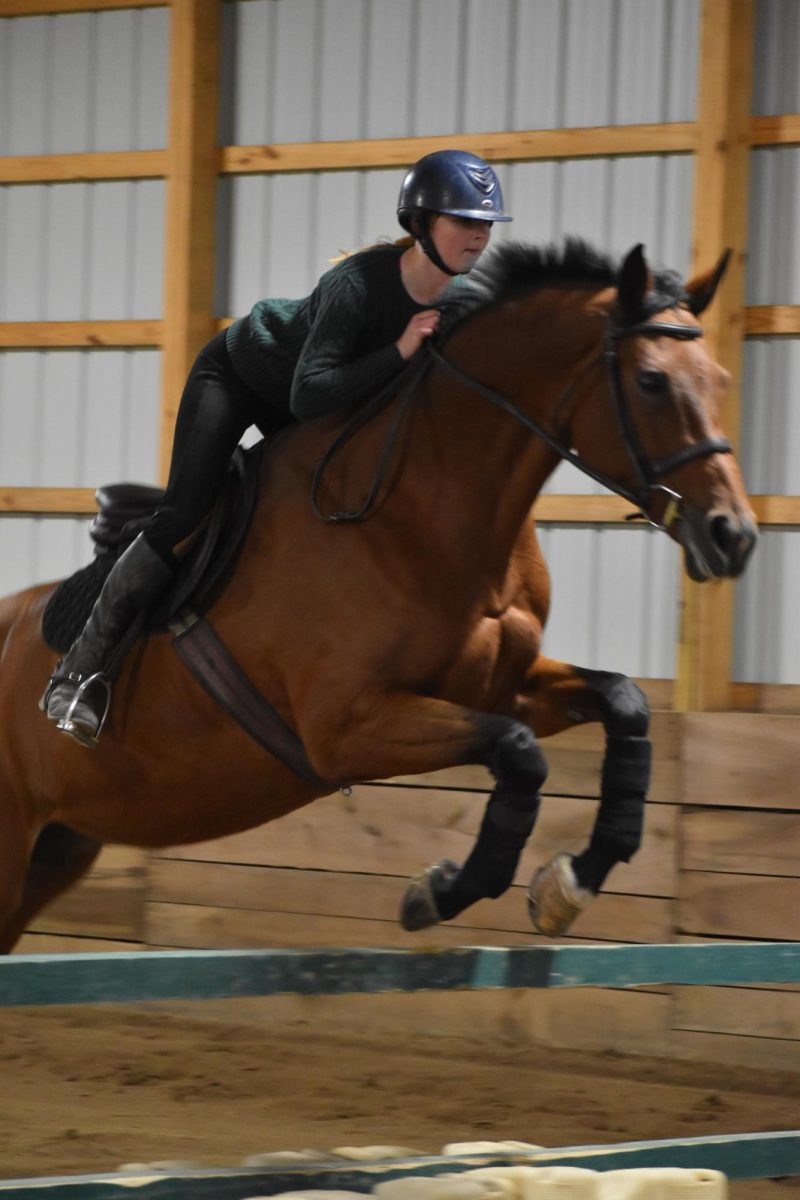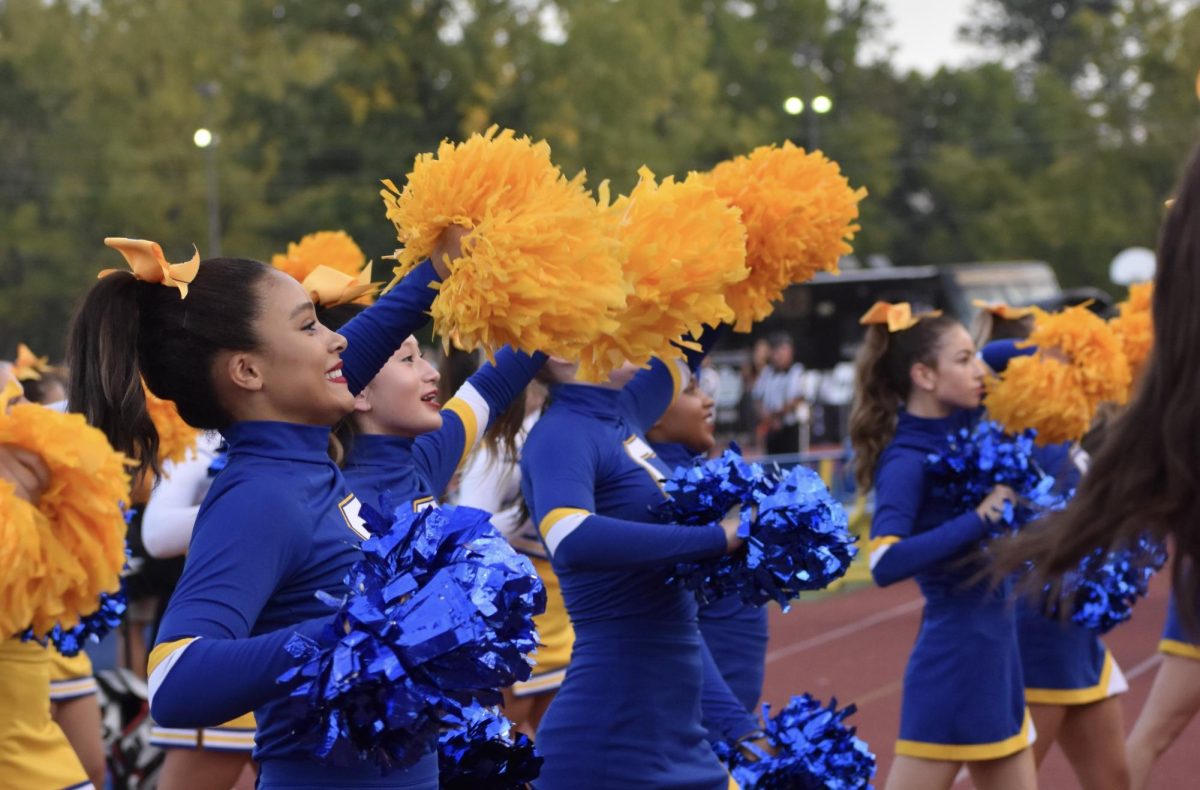I’ve played sports for as long as I can remember, and there was nothing worse than a coach yelling at me for something I did wrong. I admit I made mistakes, but was it really necessary for coaches to yell at me during the middle of the game? It wasn’t that I couldn’t take it. I had brothers who yelled at me and teased me. But the problem was that the coaches would embarrass me in the middle of the field in front of everybody.
Through the history of college and professional sports, there have been several high-profile cases of players getting yelled at, and sometimes those situations escalated more than they needed to. Bob Knight, former Indiana basketball head coach, famously yelled at a player on his team and allegedly hit him during practice. Even more recently, Sean Woods, Morehead State basketball head coach, yelled at a player during a widely televised basketball game against Kentucky. The player almost cried, according to the USA Today.
But one doesn’t need to watch high-profile collegiate events to see evidence of the detrimental effects of yelling. After watching many high school sporting events, I have noticed that yelling at players continues to be quite common. In fact, in some cases it’s the norm. When talking to some of my friends, some say yelling motivates them, and in some cases, I can see that. But on the other hand, I can also see how yelling can depreciate a player’s motivation to play for that coach.
A coach and player’s relationship should evolve first as a friendship. Once they establish themselves as friends, there is no reason a coach should have to yell at a kid to do something. Nine times out of 10, the player knows the mistake that he or she has made and doesn’t need to be scolded.
When I was upset because of a coach’s treatment toward me, my dad gave me the same advice every time. He told me to listen to the message the coach is conveying, not the words he is using. That allowed me to conquer my fear of yelling coaches. By the time I was 12 or 13, I could look a coach in the eyes when he would unleash his wrath and not be intimidated.
Despite that advice, though, I still don’t believe it’s right or moral for coaches to scold players. Even in high school, players still have a lot to learn about the game and don’t need coaches to scold them at every game or practice. I hate to see players experience the embarrassment that I endured when I was younger. The best advice I have for players who hate getting yelled at is what my dad told me. Don’t let coaches get in your head. They are here to help, not hinder. But sometimes they get caught up in the moment just like the rest of us.
For the coaches, realize what it felt like to get yelled at when you were younger. Yelling may have motivated you, but it’s always totally embarrassing.
Sometimes I think about all the times I’ve been yelled at and I realized that those experiences have built my character. But I also remember, at the time, how upset I was and my resentment towards those coaches. I don’t feel like I ever gave those coaches very much respect, but I blame them for that. Maybe if they had treated me with more respect, I would have had more respect for them.


































![British royalty are American celebrities [opinion]](https://hilite.org/wp-content/uploads/2024/03/Screenshot-2024-03-24-1.44.57-PM.png)



















![Chelsea Meng on her instagram-run bracelet shop [Biz Buzz]](https://hilite.org/wp-content/uploads/2024/04/IMG_2446-1200x838.jpg)
![Review: Quiet on Set: The Dark Side of Kids TV is the long awaited exposé of pedophilia within the children’s entertainment industry [MUSE]](https://hilite.org/wp-content/uploads/2024/04/unnamed.jpg)
![Review: “The Iron Claw” cannot get enough praise [MUSE]](https://hilite.org/wp-content/uploads/2024/04/unnamed.png)
![Review: “The Bear” sets an unbelievably high bar for future comedy shows [MUSE]](https://hilite.org/wp-content/uploads/2024/03/unnamed.png)
![Review: “Mysterious Lotus Casebook” is an amazing historical Chinese drama [MUSE]](https://hilite.org/wp-content/uploads/2024/03/0.webp)
![Review in Print: Maripaz Villar brings a delightfully unique style to the world of WEBTOON [MUSE]](https://hilite.org/wp-content/uploads/2023/12/maripazcover-1200x960.jpg)
![Review: “The Sword of Kaigen” is a masterpiece [MUSE]](https://hilite.org/wp-content/uploads/2023/11/Screenshot-2023-11-26-201051.png)
![Review: Gateron Oil Kings, great linear switches, okay price [MUSE]](https://hilite.org/wp-content/uploads/2023/11/Screenshot-2023-11-26-200553.png)
![Review: “A Haunting in Venice” is a significant improvement from other Agatha Christie adaptations [MUSE]](https://hilite.org/wp-content/uploads/2023/11/e7ee2938a6d422669771bce6d8088521.jpg)
![Review: A Thanksgiving story from elementary school, still just as interesting [MUSE]](https://hilite.org/wp-content/uploads/2023/11/Screenshot-2023-11-26-195514-987x1200.png)
![Review: When I Fly Towards You, cute, uplifting youth drama [MUSE]](https://hilite.org/wp-content/uploads/2023/09/When-I-Fly-Towards-You-Chinese-drama.png)
![Postcards from Muse: Hawaii Travel Diary [MUSE]](https://hilite.org/wp-content/uploads/2023/09/My-project-1-1200x1200.jpg)
![Review: Ladybug & Cat Noir: The Movie, departure from original show [MUSE]](https://hilite.org/wp-content/uploads/2023/09/Ladybug__Cat_Noir_-_The_Movie_poster.jpg)
![Review in Print: Hidden Love is the cute, uplifting drama everyone needs [MUSE]](https://hilite.org/wp-content/uploads/2023/09/hiddenlovecover-e1693597208225-1030x1200.png)
![Review in Print: Heartstopper is the heartwarming queer romance we all need [MUSE]](https://hilite.org/wp-content/uploads/2023/08/museheartstoppercover-1200x654.png)






















![Review: Ladybug & Cat Noir: The Movie, departure from original show [MUSE]](https://hilite.org/wp-content/uploads/2023/09/Ladybug__Cat_Noir_-_The_Movie_poster-221x300.jpg)

![Review: Next in Fashion season two survives changes, becomes a valuable pop culture artifact [MUSE]](https://hilite.org/wp-content/uploads/2023/03/Screen-Shot-2023-03-09-at-11.05.05-AM-300x214.png)
![Review: Is The Stormlight Archive worth it? [MUSE]](https://hilite.org/wp-content/uploads/2023/10/unnamed-1-184x300.png)




![Seniors Jillian Rang and Athul Ramkumar practice their presentation at the DECA state competition on March 5, 2024. Arya Patel, DECA paper head and junior, said, As they [students] begin to make their final preparations, its important to remember that making it to this point is an incredible achievement.](https://hilite.org/wp-content/uploads/2024/04/IMG_8285-1200x800.jpg)